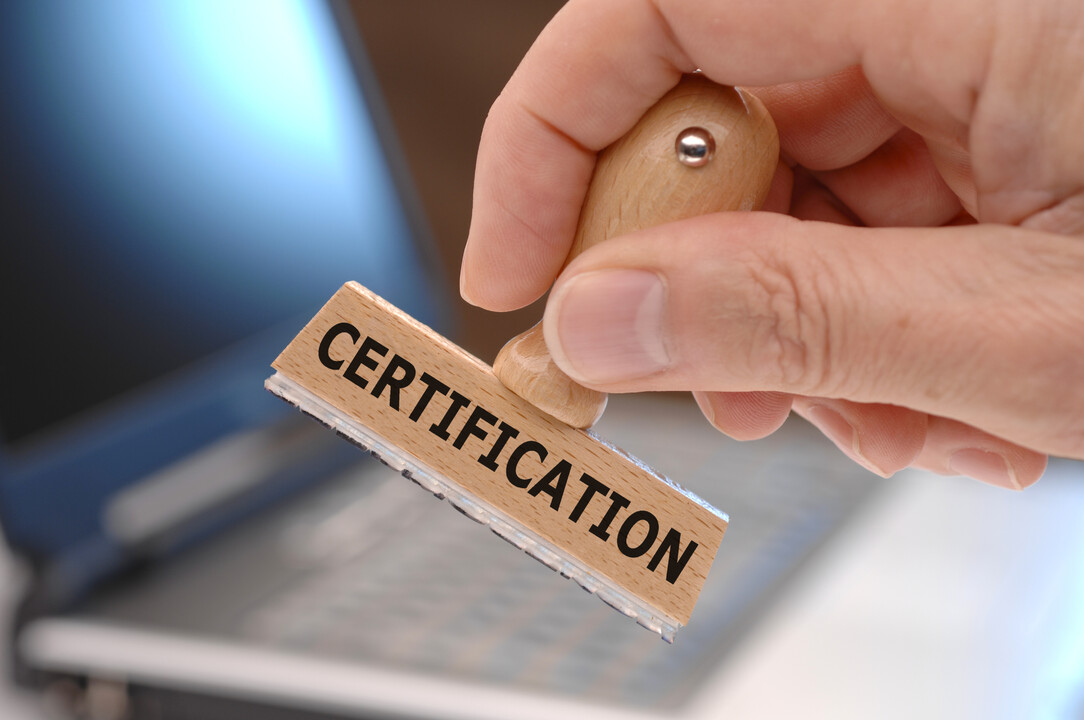In the global village we inhabit, the ability to communicate accurately across languages is not just a convenience but a necessity. This is especially true in the United Kingdom, a country characterized by its diverse population and its role as an international hub for business, education, and migration.
Certified translation services play a pivotal role in this context, offering the precision, accuracy, and official recognition required for a wide range of legal, professional, and personal documents.
This article delves into the essence of certified translation services in the UK, highlighting their importance, the process involved, and their significance in various official and legal contexts.
Understanding Certified Translation Services
Certified translation services involve the translation of official documents by a professional translator or translation company, followed by the provision of a certificate. This certificate attests to the accuracy of the translation and the competence of the translator, ensuring that the translated document is a true and faithful representation of the original.
Key Features of Certified Translations
- Accuracy: Certified translations are meticulously accurate, reflecting not just the linguistic content but also the tone and intent of the original document.
- Professionalism: Only qualified translators or accredited translation services can provide certified translations, ensuring a high standard of professionalism.
- Official Recognition: A certified translation is often required for documents to be recognized and accepted by governmental bodies, educational institutions, and legal entities.
The Importance of Certified Translations
Certified translations are crucial in various scenarios, from legal proceedings and immigration applications to academic admissions and international business transactions. They ensure that all parties involved can fully understand the content and implications of official documents, thereby facilitating transparency, compliance, and informed decision-making.
Legal Proceedings
In legal contexts, the accuracy of document translation can significantly impact the outcome of a case. Certified translations are essential for court documents, evidentiary materials, and legal contracts, ensuring that justice is served without language barriers.
Immigration and Citizenship
For individuals applying for visas, residency, or citizenship in the UK, certified translations of personal documents such as birth certificates, marriage certificates, and police clearance certificates are often required, ensuring that immigration officials have access to precise and reliable information.
Academic and Professional Recognition
Students and professionals seeking to study or work in the UK may need to provide certified translations of their academic transcripts, diplomas, and professional qualifications. These translations are critical for verifying their credentials and facilitating their academic or career pursuits.
The Certified Translation Process
Achieving the high standards required for certified translations involves a meticulous process, from the initial translation to the final certification.
Translation by Qualified Professionals
The first step is the translation of the document by a professional translator, ideally one who is a native speaker of the target language and has expertise in the relevant field, whether legal, medical, academic, or technical.
Review and Quality Assurance
Following the initial translation, the document undergoes a rigorous review process, often involving a second qualified translator. This step ensures the translation’s accuracy, consistency, and adherence to any relevant terminologies or conventions.
Certification
Once the translation is finalized, it is accompanied by a certificate of accuracy. This certificate typically includes details of the translator or translation company, a statement attesting to the accuracy of the translation, and, where applicable, the translator’s credentials or the company’s accreditation.
Choosing a Certified Translation Service in the UK
Selecting the right certified translation service is crucial for ensuring the quality and reliability of your translated documents. Here are some factors to consider:
Accreditation and Credentials
Opt for translation services that are accredited by recognized industry bodies, such as the Institute of Translation and Interpreting (ITI) or the Association of Translation Companies (ATC) in the UK. These accreditations are a mark of quality and reliability.
Specialization
Consider the service’s expertise in your specific type of document or field. Specialized knowledge is often required for accurately translating and certifying complex or technical documents.
Confidentiality
Ensure that the translation service adheres to strict confidentiality protocols, especially for sensitive personal or legal documents.
Reviews and Testimonials
Research the service’s reputation through reviews and testimonials from previous clients. Positive feedback is a good indicator of reliability and quality.
Conclusion
Certified translation services are indispensable in the UK’s diverse and international landscape, ensuring that documents are accurately translated and officially recognized across a variety of contexts. Whether for legal, educational, professional, or personal purposes, certified translations bridge language gaps, facilitating clear and effective communication. By choosing a reputable, accredited translation service, individuals and organizations can navigate the complexities of international documentation with confidence, assured of the precision and authenticity of their translated documents.

